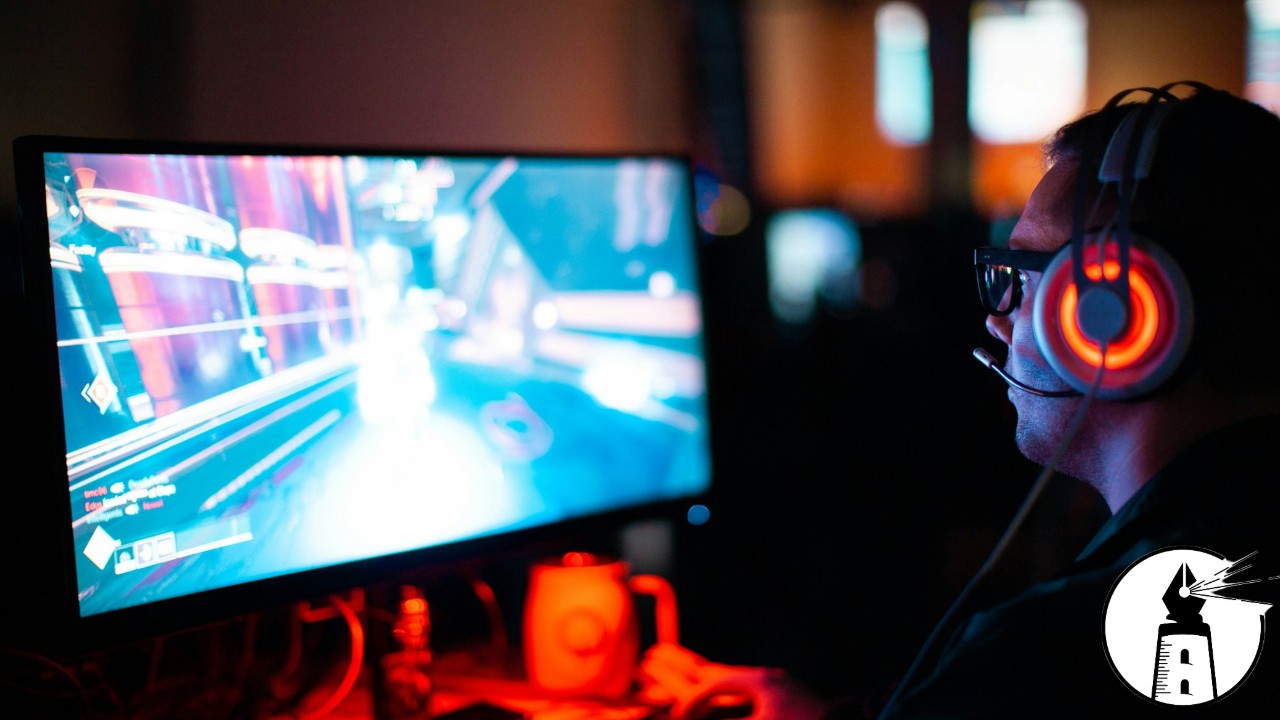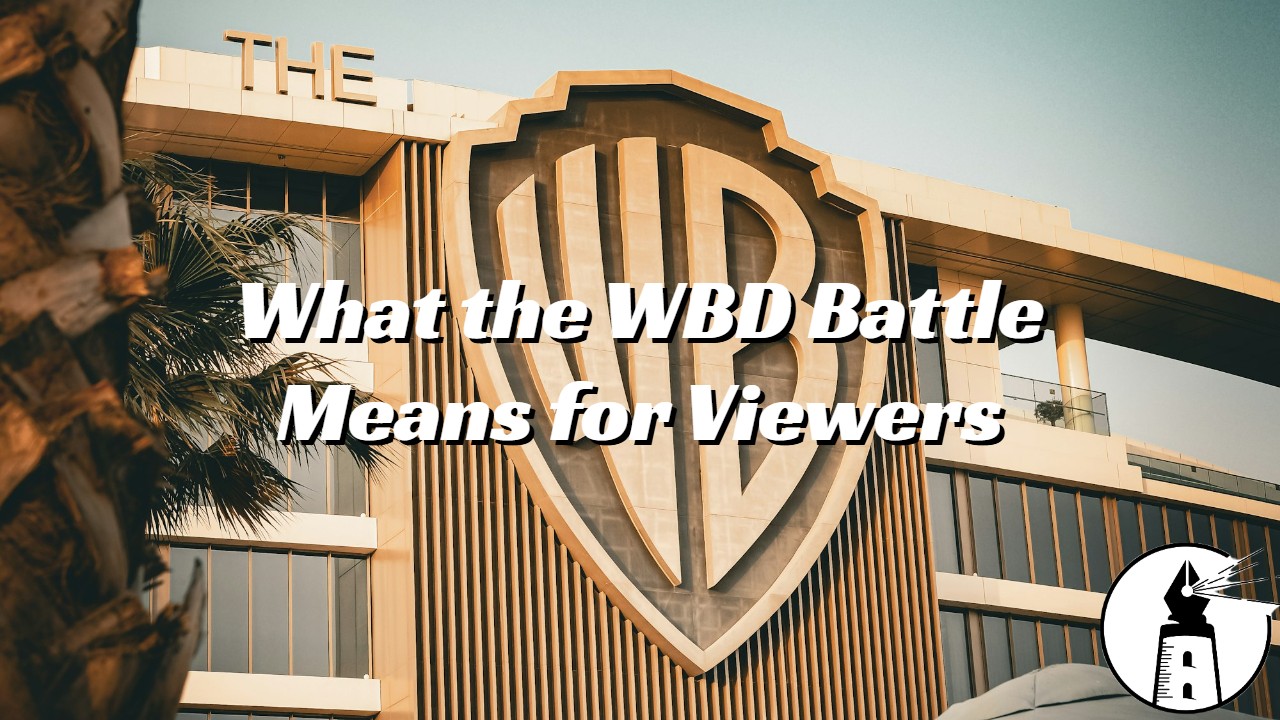A growing controversy has taken shape in the gaming world, one that sits at the intersection of artistic freedom, commerce, and platform policy. Over the past several weeks, both Steam and Itch.io have begun removing or de-indexing adult-oriented video games following pressure from major payment processors. While the games in question have always existed on the periphery of the gaming industry, they are now at the center of a debate that echoes long-standing tensions between free expression and moral advocacy.
These are not titles that one can find on the shelves of Walmart or behind the glass at GameStop. Most are distributed through independent online storefronts and appeal to niche audiences. They often feature explicit sexual content, occasionally paired with dark or violent themes. What set off this current wave of removals was a game containing depictions of sexual violence and simulated abuse, material that many found morally reprehensible and disturbing. The backlash, driven in part by the Australian organization Collective Shout, quickly reached the payment processors that handle transactions for platforms like Steam and Itch.io.
Collective Shout is an activist group founded in 2009 with a mission to campaign against the objectification of women and the sexualization of girls in media, advertising, and pop culture. The group has a long history of pressuring corporations to sever ties with what it sees as exploitative or degrading content. In this case, Collective Shout’s campaign drew attention to the graphic themes in the game, which they argued normalized sexual violence and exploitation. Their pressure on payment networks reportedly played a major role in forcing platforms to respond.
In response, Steam quietly updated its guidelines, signaling that it would now enforce rules handed down by its payment partners. Itch.io followed suit by delisting thousands of NSFW-tagged titles from search and browsing features. Developers were notified that these steps were taken to preserve the platform’s ability to continue processing payments. Notably, Itch.io has started to allow free adult games back onto the site, a workaround that bypasses the involvement of credit card companies altogether.
This is not the first time financial pressure has been used to shut down content deemed harmful. In the mid-2010s, a similar tactic was deployed against Backpage.com, a classified ad site that had become a hub for prostitution-related listings. Anti-human trafficking advocates successfully pressured Visa and Mastercard to stop processing payments for the site, effectively cutting off its revenue and pushing it toward eventual seizure by the U.S. government. Critics at the time warned that bypassing the courts in favor of financial sanctions created a slippery slope for online expression.
Supporters of the recent game removals argue that platforms and payment processors have every right to avoid associating with content that might damage their brand. These companies, after all, are not public utilities. They have shareholders, reputations, and legal obligations. Advocacy groups also point out that free speech is not freedom from consequences. Just as developers have the right to make disturbing or provocative content, activists have the right to protest it.
On the other side, developers and digital rights advocates argue that the removals set a dangerous precedent. They warn that using financial leverage to shape what kinds of stories can be told online may chill creativity and silence marginalized voices. Independent developers, especially those from queer and niche communities, often rely on platforms like Itch.io to tell unconventional stories, some of which deal with trauma, sexuality, and personal identity in raw and unfiltered ways. The concern is that all adult content, regardless of artistic merit or context, could be swept up in a blanket ban.
There’s also the paradox of public outrage. When a game featuring controversial subject matter becomes the target of widespread protest, it often gains far more attention than it ever would have organically. Developers who might have expected a few hundred downloads now find their work plastered across news headlines and Twitter debates. In this case, the game at the center of the storm is one that arguably doesn’t deserve that kind of spotlight. While creators have a right to make what they want, not every creation benefits from being thrust into the public consciousness.
Ultimately, this controversy highlights an uncomfortable truth about how the internet works in 2025. Even when a platform claims neutrality, it is rarely immune from outside pressure. Financial institutions, advocacy groups, and media coverage all play a role in shaping what content is available and what isn’t. There are no easy answers. Free expression and the right to protest are both protected rights, and when they collide, the fallout is almost always messy. As this debate continues to unfold, it may serve as a warning to creators and consumers alike. In a digital world, gatekeepers aren’t always visible, but their influence is very real.
—By Greg Collier



